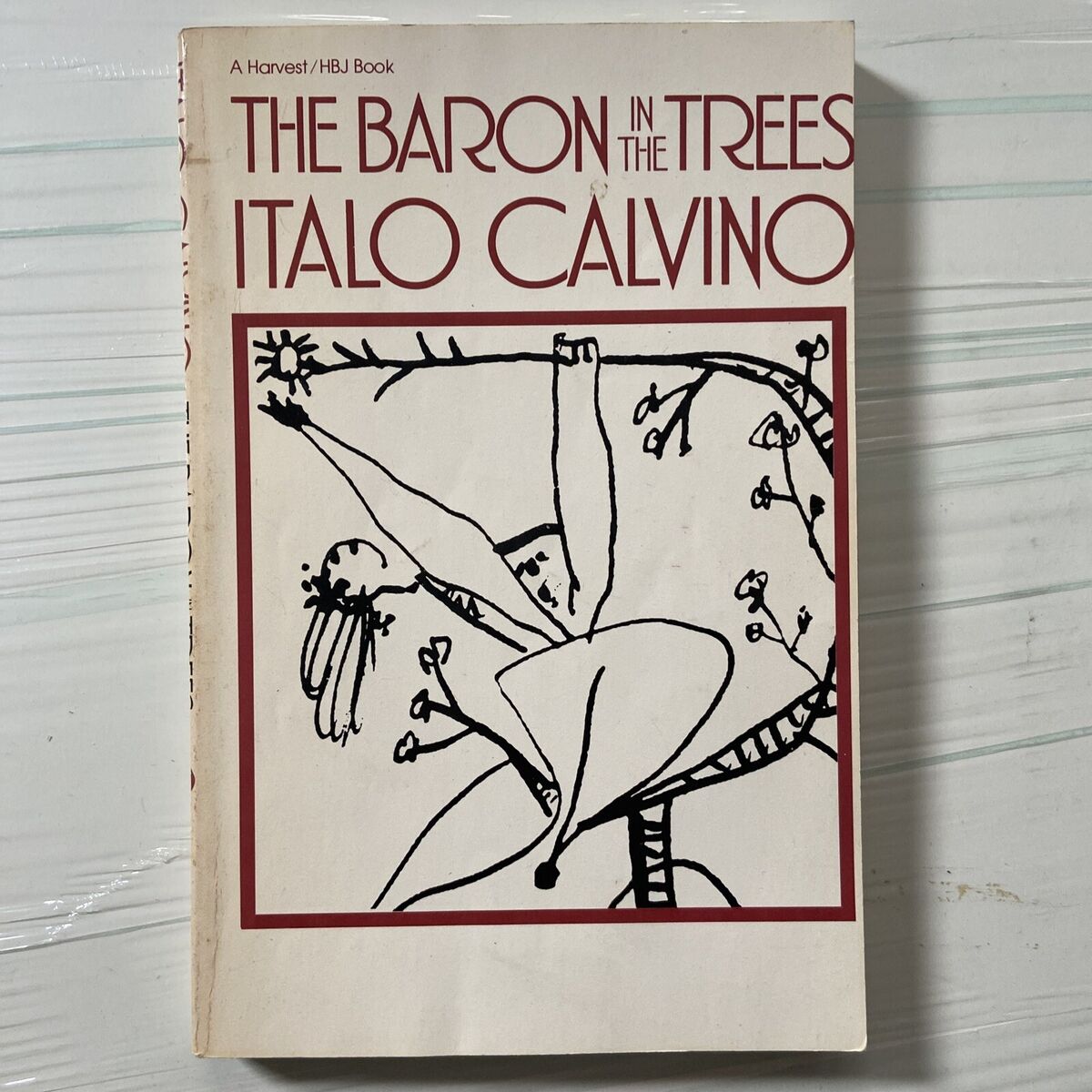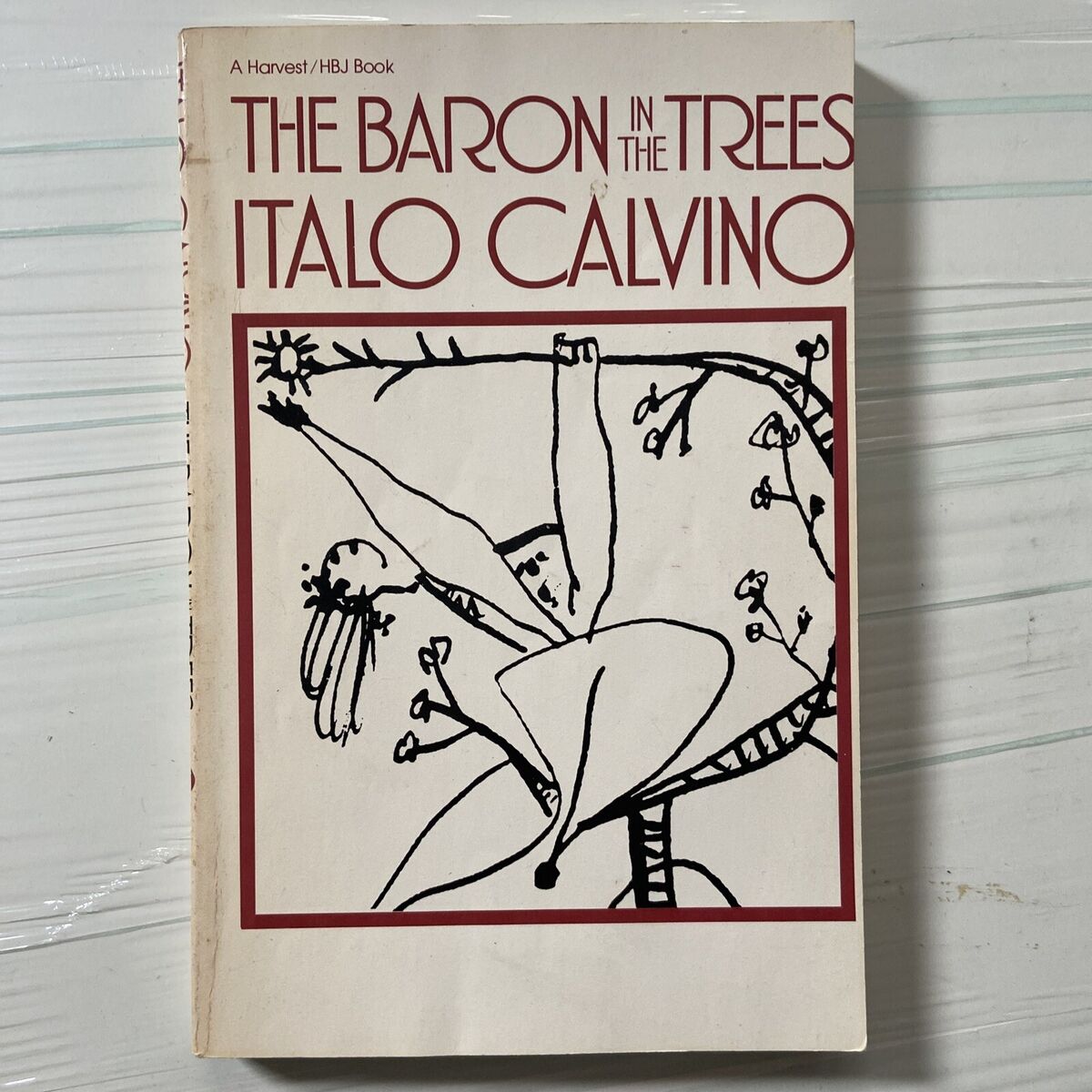Minor Canon
Italo Calvino hat (Baron in the Trees red)
Couldn't load pickup availability
Italo Calvino (1923–1985) was an Italian writer and journalist. His best known works include the Our Ancestors trilogy (1952–1959), the Cosmicomics collection of short stories (1965), and the novels Invisible Cities (1972) and If on a winter's night a traveler (1979).
Admired across the Anglosphere, Calvino was the most translated contemporary Italian writer at the time of his death.
Born in Cuba to well-to-do, politically-engaged, intellectual Italian parents—agricultural scientists interested in Freemasonry, republicanism, anarchism and Marxism—Calvino's family settled in the Ligurian coast of Italy in his infancy. He was educated in an English nursery school and studied agriculture at university, concealing his literary ambitions to please his family. He passed four exams in his first year while reading anti-Fascist works by Elio Vittorini, Eugenio Montale, Cesare Pavese, Johan Huizinga, and Pisacane, and works by Max Planck, Werner Heisenberg, and Albert Einstein on physics. Calvino's real aspiration was to be a playwright.
In spring 1944, Calvino's mother encouraged her sons to enter the Italian Resistance in the name of "natural justice and family virtues." Using the nom de guerre "Santiago," Calvino joined the Garibaldi Brigades, a clandestine Communist group and, for twenty months, endured the fighting in the Maritime Alps until 1945 and the Liberation.
After the war, he returned to university, joined the Communist party, and began publishing his first stories. His debut novel, Il sentiero dei nidi di ragno (The Path to the Nest of Spiders) written with valuable editorial advice from Cesare Pavese, won the Premio Riccione on publication in 1947. With sales topping 5000 copies, a surprise success in postwar Italy, the novel inaugurated Calvino's neorealist period.
Over the next decade, Calvino published several more realist novels, with diminishing success. During this time, he made an important self-discovery: "I began doing what came most naturally to me – that is, following the memory of the things I had loved best since boyhood. Instead of making myself write the book I ought to write, the novel that was expected of me, I conjured up the book I myself would have liked to read, the sort by an unknown writer, from another age and another country, discovered in an attic." The result was Il visconte dimezzato (1952; The Cloven Viscount) composed in 30 days in 1951. The protagonist, a seventeenth century viscount sundered in two by a cannonball, incarnated Calvino's growing political doubts and the divisive turbulence of the Cold War. Skilfully interweaving elements of the fable and the fantasy genres, the allegorical novel launched him as a modern "fabulist". In 1954, Giulio Einaudi commissioned his Fiabe Italiane (1956; Italian Folktales) on the basis of the question, "Is there an Italian equivalent of the Brothers Grimm?" For two years, Calvino collated tales found in 19th century collections across Italy then translated 200 of the finest from various dialects into Italian.
In 1957, disillusioned by the 1956 Soviet invasion of Hungary, Calvino left the Italian Communist Party. In his letter of resignation published in L'Unità on 7 August, he explained the reason of his dissent (the violent suppression of the Hungarian uprising and the revelation of Joseph Stalin's crimes) while confirming his "confidence in the democratic perspectives" of world Communism.
Amid the atmosphere that would evolve into 1968's cultural revolution (the French May), he and his family moved to Paris in 1967, taking up residence in a villa in the Square de Châtillon. Nicknamed l'ironique amusé, Calvino was invited by Raymond Queneau in 1968 to join the Oulipo (Ouvroir de littérature potentielle) group of experimental writers where he met Roland Barthes and Georges Perec, who would influence his later work. Eventually, Calvino would become revered, along with Jorge Luis Borges, as a founder or forefather of magical realism.
This hat is based on the Harvest/HBJ English edition of The Baron in the Trees, translated by William Weaver. The cover design is by Louise Fili. A tote bag is also available based on the same publisher's edition of If on a winter's night a traveler.
• 100% chino cotton twill
• Unstructured, 6-panel, low-profile
• 6 embroidered eyelets
• 3 ⅛” (7.6 cm) crown
• Adjustable strap with antique buckle





